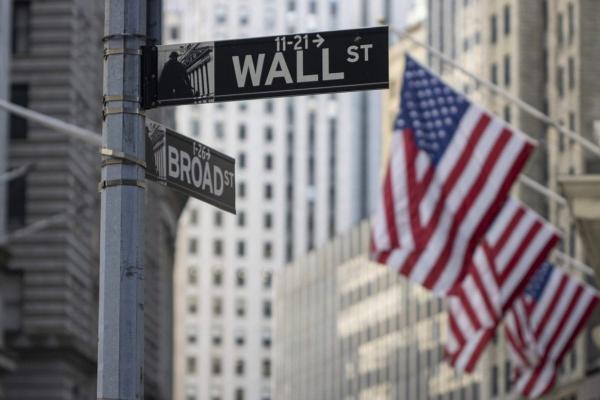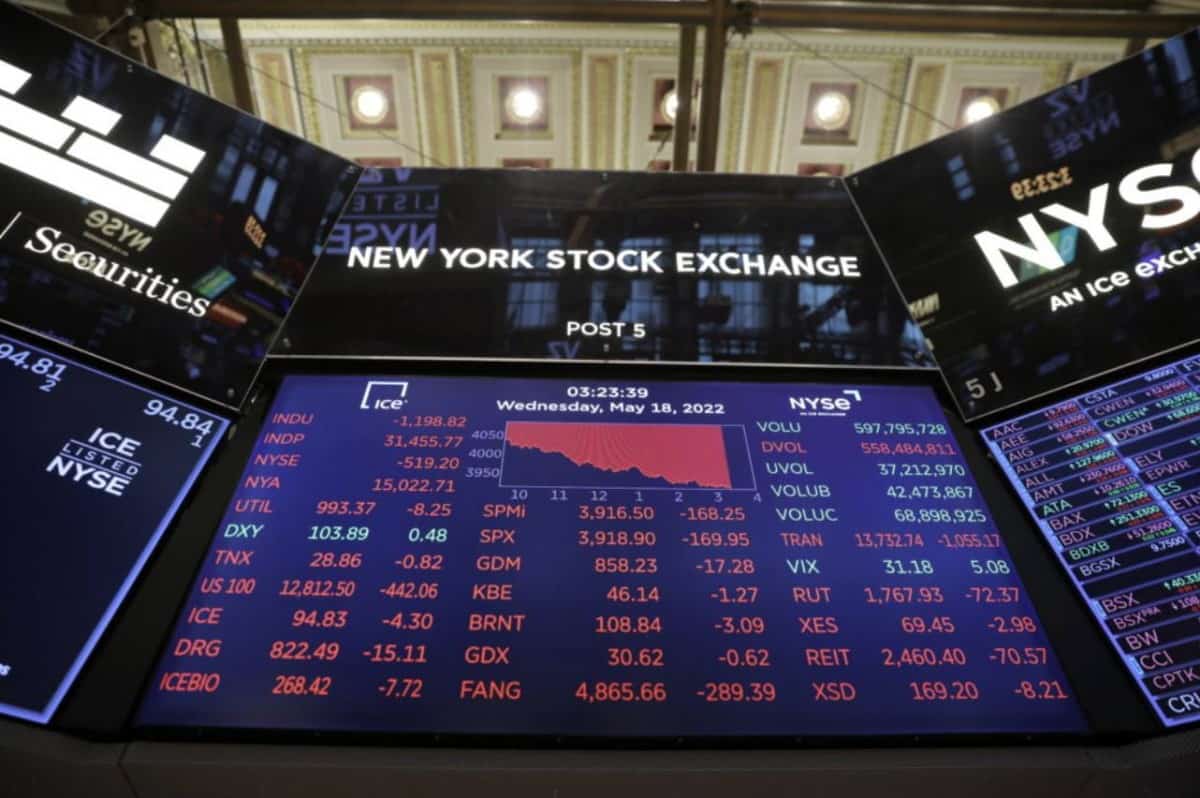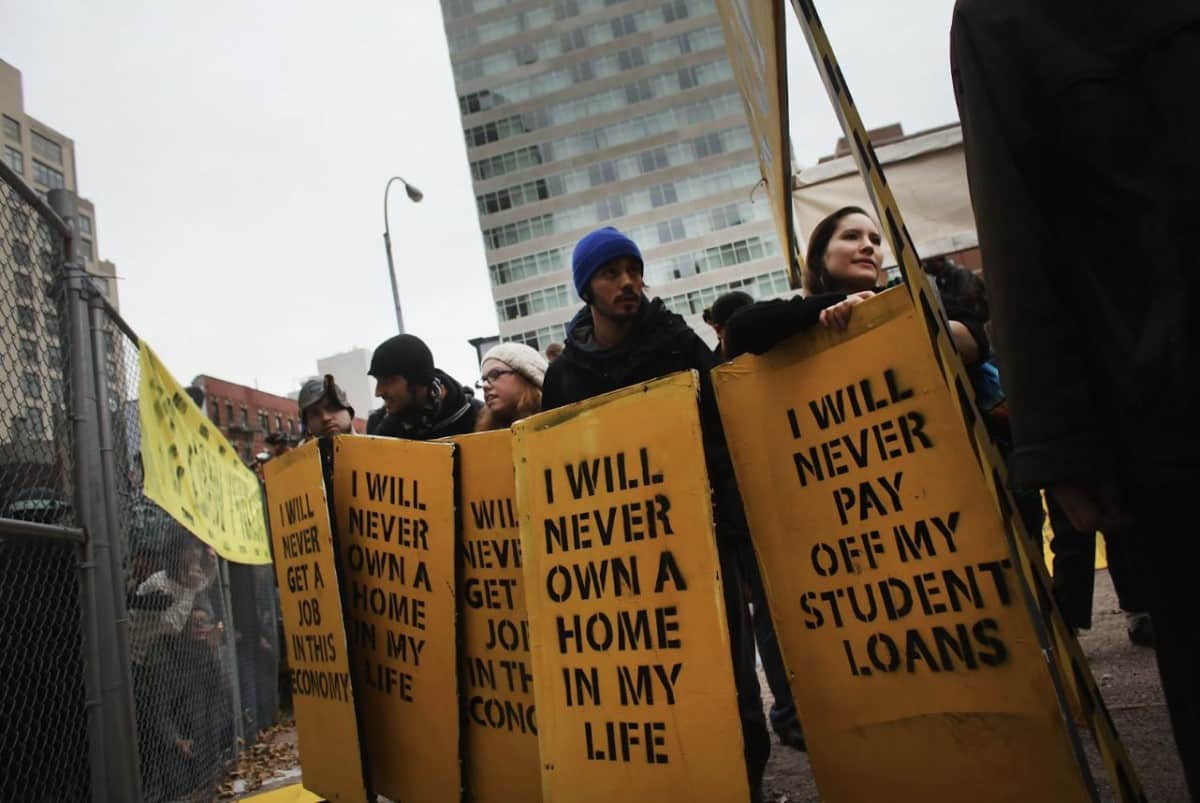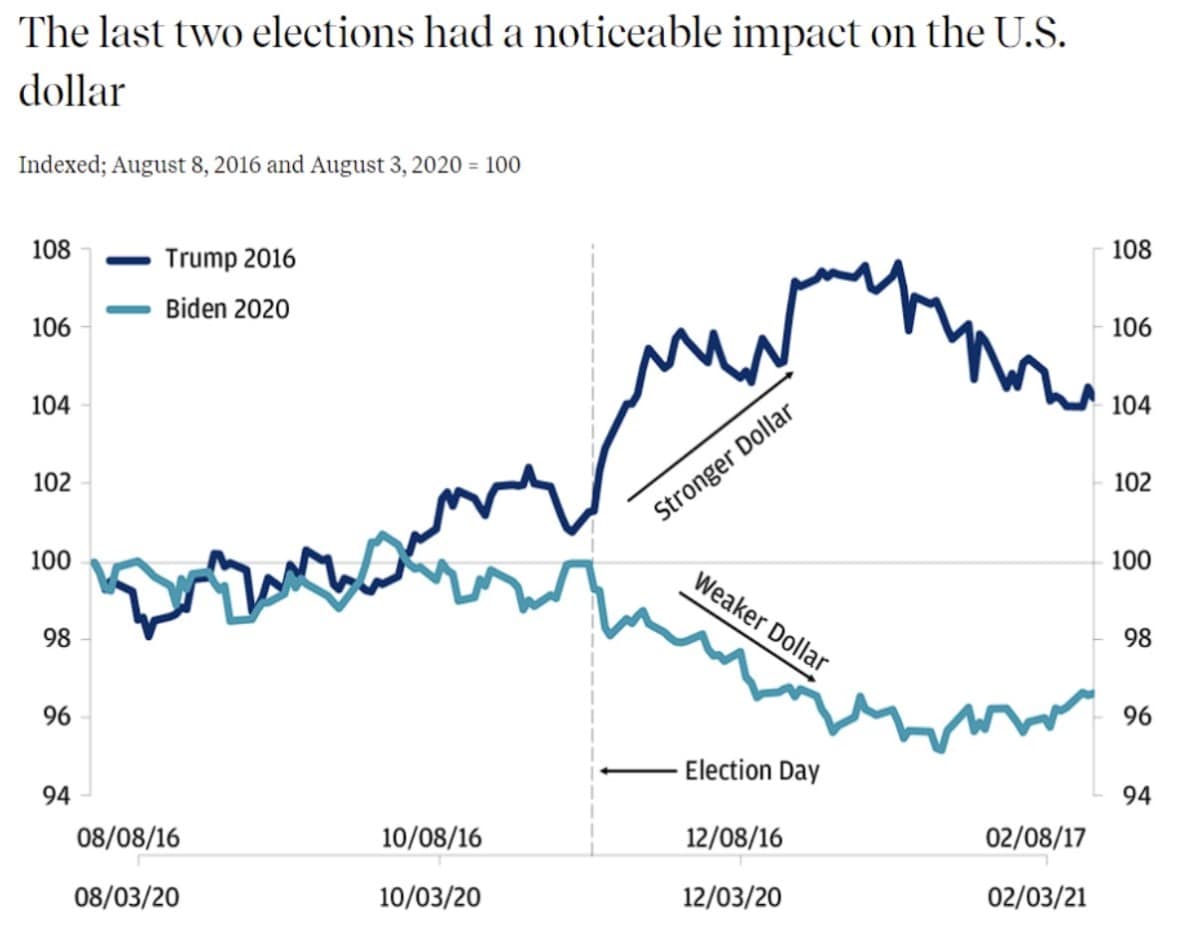

How U.S. Presidential Elections Affect the Stock Market
Key Takeaways
- The U.S. economy plays a substantial role in whether the incumbent party stays or is swapped for the other one;
- The economic impact of elections is largely restricted to the short term and long-term fundamentals in economics always prevail;
- Market volatility intensifies during election years in the face of uncertainty as to the next president and which policies will take hold, thereby reducing S&P 500 returns in election years, but this is less true if the likely winner is clear;
- Investors should take a cautious 2024 outlook, emphasizing the importance of monitoring economic indicators and sector performance and not overblowing the impact of politics.
The Stock Market during an Election Year: Keeping Things in Context
First off, while it’s indicative and fascinating how exactly elections play out on market performance data and particular industries, we have to be honest that the sample size is rather small, as we only have an election every four years. For that reason, many of the conclusions we draw might not necessarily have statistical significance.
The pronounced dominant role that economic developments play becomes particularly sweeping in the case of major economic events.
These include:
- The Great Depression;
- The Coronavirus pandemic;
- The Dot Com boom;
- The 2008 economic downturn.
On top of this, there are pivotal economic phenomena. One such factor is Trump’s Tax Cuts & Jobs Act which will remain in effect until 2025 whose future beyond then will be unknown. Beyond that, the general performance of the economy, inflation, corporate earnings, and major geopolitical events take center stage when it comes to longer-term stock market behavior.
Election Year Stock Market History
In election years, people are less ready to enrich their S&P 500 portfolios since they don’t yet know whose policies are going to be implemented; however, total returns tend to go up, averaging 11.28% in these years. Since Democrats tend to support more regulation and higher taxation, this results in relatively more pessimistic market predictions, 7.6% on average. The same figure for election years when Republican presidents have been elected was 15.3%, considering their more laissez-faire type of policy. To be fair, however, in 2008, Barack Obama was thrust into the economic recession, and he was likely not to blame for the worst S&P 500 performance for any election year ever, with a meaningfully lower negative 37%.
That said, per historical data, among the 23 elections in the index’s history since 1928, only four have failed to show an increase in total returns. Years in which the incumbent party won and this win was much anticipated, tended to exhibit a more moderate level of growth of around 11% while in non-election years volatility declines and there is greater investment.

Stock Market Election Years in the Four-Year Cycle
A theory that has long since prevailed as to how elections impact market trends is the four-year cycle theory. According to the framework that Yale Hirsh popularized, during election years, we don’t know who is going to win and therefore which set of policies will be attempted to be put in place. This creates a rise in the stock market during election years one year, six months, three months, and one month before the election.
Once the dust settles, some degree of clarity in the future is achieved, yet many policies don’t actually get implemented. Then there is some political uncertainty again before midterm elections, and following that moment, in year three, investment tends to be its highest.
Election Year Stock Market History: Plagued by Volatility
Additionally, the performance of the incumbent party can influence volatility. Markets often react strongly to the prospect of a change in government, with seasonal effects playing a role in the swings. Investors experience increased turbulence, but long-term fundamentals usually prevail after the political dust settles.
The volatility index (VIX) is a common metric that demonstrates investors’ aversion to risk. The higher this figure rises, the lower go prices on Wall Street. In the last year, as we head into the presidential election in a couple weeks, it has been -.079. This is a common showing for election years which tends to last all the way to the end of the calendar year. Investors take advantage of S&P 500 volatility much greater than the year prior and also take the time to window-dress their portfolios.
During non-election years, the following seasonal effects predominate:
- January is a strong month, when investors sell off underperforming stocks for tax purposes;
- A “sell in May and go away” period, which lasts through a summer lull all the way through October;
- A fourth-quarter rally, especially strong in December.
The Economy and Stock Market during Presidential Election Years: The Number One Issue
While we speak about the effect elections have on Wall Street, we can’t circumvent the issue of how economic conditions are affecting election results. This cause-and-effect relationship is in fact much stronger than the former issue. If the economy is doing well while the incumbent party controls politics, they are likely to retain power. However, it’s rare that a party has managed to retain control of the presidency or Congress during a recession.
Indicators of poor economic health that matter most in how people vote include:
- High unemployment & pessimism regarding future results;
- Growing inflation;
- Low interest rates;
- Failure to address the needs of disaster victims and those living in poverty;
- Poor stock market performance;
- Limited national growth or economic contraction;
- Supply chains breaking down between producers and clients.

The Stock Market During Presidential Election Years: Incumbent Wins vs. Losses
Both the 2008 economic downturn and the 2020 crisis fueled voter dissatisfaction and the desire for a change in leadership. If things are on the up and up, however, people seldom want to ruin a good thing. On the flip side, during the 1979s oil shocks in what was perhaps the United States’ worst economic decade, people caused the vote for a change in leadership.
Jimmy Carter’s failure to handle the hostage crisis further contributed to one of the greatest defeats in presidential history. Though defeating the incumbent party with 23.8% after the oil embargo that began in 1973, Carter was trounced in a historic landslide, in the second highest average return in any election year ever with Reagan’s 32.4%.
Back in the 1950s, people were in favor of policy continuity under Ike Eisenhower and the Republican-held Congress, preferring the stability and immense growth that flooded in. When the incumbent party lost, regardless of whether they were Democrat or Republican, financial markets experienced greater volatility. Such was the case when George H.W. Bush won. This is driven by uncertainty about future policy changes and potential regulatory shifts, such as what was coming with Bill Clinton.
Unique Impacts on Stocks During the Election Year of 2024

Currently, with former president Donald Trump running against Kamala Harris in the 2024 election, there is major uncertainty. Though it’s no longer a battle of President Joe Biden vs Trump, Harris has publicly vowed that she supports a continuation of the Biden administration’s policies. Further fanning this ambivalence is the series of assassination attempts that have taken place against Trump this year, bringing back memories of the murder of RFJ during the 1968 election.
On top of that, there are clashing long term goals for the future of the United States. On Harris’ part, that means a continued pumping of public funds into the economy and a large dose of regulation, while former President Donald Trump supports reducing taxes, keeping hands off of corporations, and fostering fracking. Though the election is going to be a close race, right now the S&P 500 is at a rather high 22.95%, signaling confidence in what state policy is going to be like heading in 2025.
Investment Strategies for Election Years
Though it’s always important to remain aware of what government policy is going to go into effect in a subsequent administration during election years, it’s important to remember that long-term fundamentals always dominate the S&P 500. Volatility always straightens out and investment decisions at the end of the day are dictated by the invisible hand as well as the position markets are in to flourish.
There is a popular belief that a divided government is supposed to be good for stocks, however, there isn’t much data to support that. Instead, the long-term fundamentals play a far larger role, such as:
- Innovation;
- Consumer demand;
- Global economic conditions.
If you are confident in the near-term outcome of events, election season is full of volatility to take advantage of. If you want to play it safe instead, wait until it’s clear what type of policy is actually going to be put in place.
Conclusion
Thus, while U.S. elections have historically had a notable effect on stock market performance, such an outcome is not particularly significant in the long run, rather an election affects the stock market in the short term, depending on the industry. Indeed, a particular incumbent party failing to meet economic challenges can play a limited role, investors must always remember to focus on long-term fundamentals and avoid overreacting to political changes. As we approach the 2024 election, its economic aftermath will be engulfed by factors such as economic health, policy continuity, and global events.
FAQ
Does the stock market typically perform better in election years or non-election years?
Historically, the markets typically show positive stock returns in both election years and non-election years, but they for the most part do better during non-election years. In the months leading up to and immediately after an election, there are more short-term swings and less investor enthusiasm.
How does the "Presidential Election Cycle Theory" suggest markets behave in each year of a president's term?
The Presidential Election Cycle Theory, proposed by Yale Hirsch, suggests that markets follow a four-year cycle in which they perform weaker during the first two years of a president's term and perform stronger during the final two years. This is largely attributed to political uncertainty at the beginning of the term and market optimism as election results approach in the final two years.
Disclaimer: The information in this article is not intended to be and does not constitute investment advice or any other form of advice or recommendation of any sort offered or endorsed by Libertex. Past performance does not guarantee future results.
Why trade with Libertex?
- Get access to a free demo account free of charge.
- Enjoy technical support from an operator 5 days a week, from 9 a.m. to 9 p.m. (Central European Standard Time).
- Use a multiplier of up to 1:30 (for retail clients).
- Operate on a platform for any device: Libertex and MetaTrader.